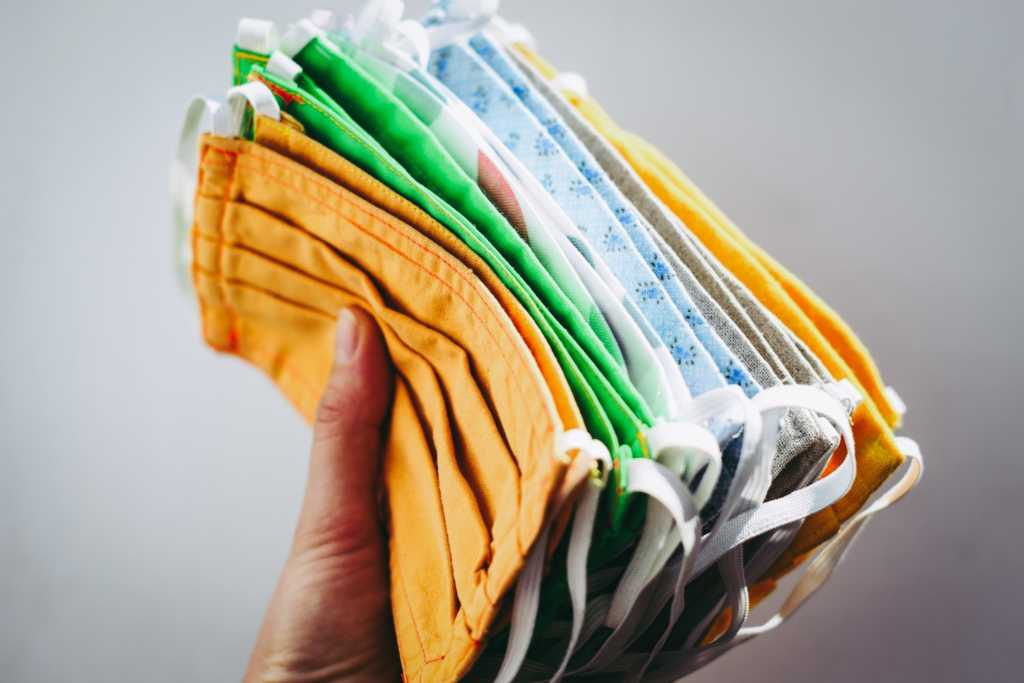For them, it’s an opportunity to give back to the people who have helped them so much.
Refugees in the largest refugee camp in Europe, located on the Greek island of Lesbos, have been busy over the last few months sewing face masks for American churches reopening amid the coronavirus pandemic.
Initially, according to a report from The Christian Post, the people at the Moria refugee camp were making the masks for themselves. When they finished that, though, “they asked to continue making the masks and send them elsewhere to help,” said Pastor Robbie McAlister, who works with the National Immigration Forum and the Evangelical Immigration Table.
“This is giving them an opportunity to have a purpose,” he told the outlet, adding they are refugees “who have nothing” but “are giving back to people that have come and served them with whatever they can.”
“It’s just a beautiful story of what I would call reciprocal love and care for one another,” McAlister continued.
The mask-making efforts of those in the Moria refugee camp are sponsored by the nonprofits When We Band Together and Team Humanity, both of which are providing the materials needed to make the face masks.
So far, the cotton, double-layered masks have been sent to Europe and the U.S., with many going to seven churches in South Carolina whose members have visited Moria in the past. McAlister said 750 masks were given to Columbia International University, a private Christian college that has also worked with the refugee camp.
“A lot of churches are making them available to their members and tell them the story that these are made by refugees who are trying to give back to those of us who have gone and tried to help them,” he explained.
Many pastors are using the face masks as a way to share “a positive message about refugees to their congregations,” he added, calling the initiative “a great opportunity for us to just show that we are all part of humanity and we need to care for one another and God loves the whole world.”
The refugees in Moria are not the only ones contributing to selflessly.
KHQ-TV reported last month that mother and daughter refugees living in Spokane, Washington, are sewing masks for those in need in their city.
Tulia Nyota and her 17-year-old daughter Bija, originally from the Democratic Republic of Congo, fled their home country when a civil war broke out. After several life-and-death encounters, they landed in South Africa, though life there wasn’t easy.
After trying for 14 years, Tulia and Bija were granted asylum by the United Nations and they resettled in Spokane.
The mother and daughter duo are now, thanks to World Relief’s Women Empowered to Achieve Vocational Enrichment (WEAVE) program, able to sew masks for needy people in their area.
“I love it so much, because when I sew with my mom, it’s not just my mom,” said Bija. “My dad helps, too.”



